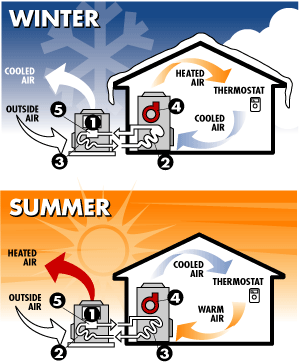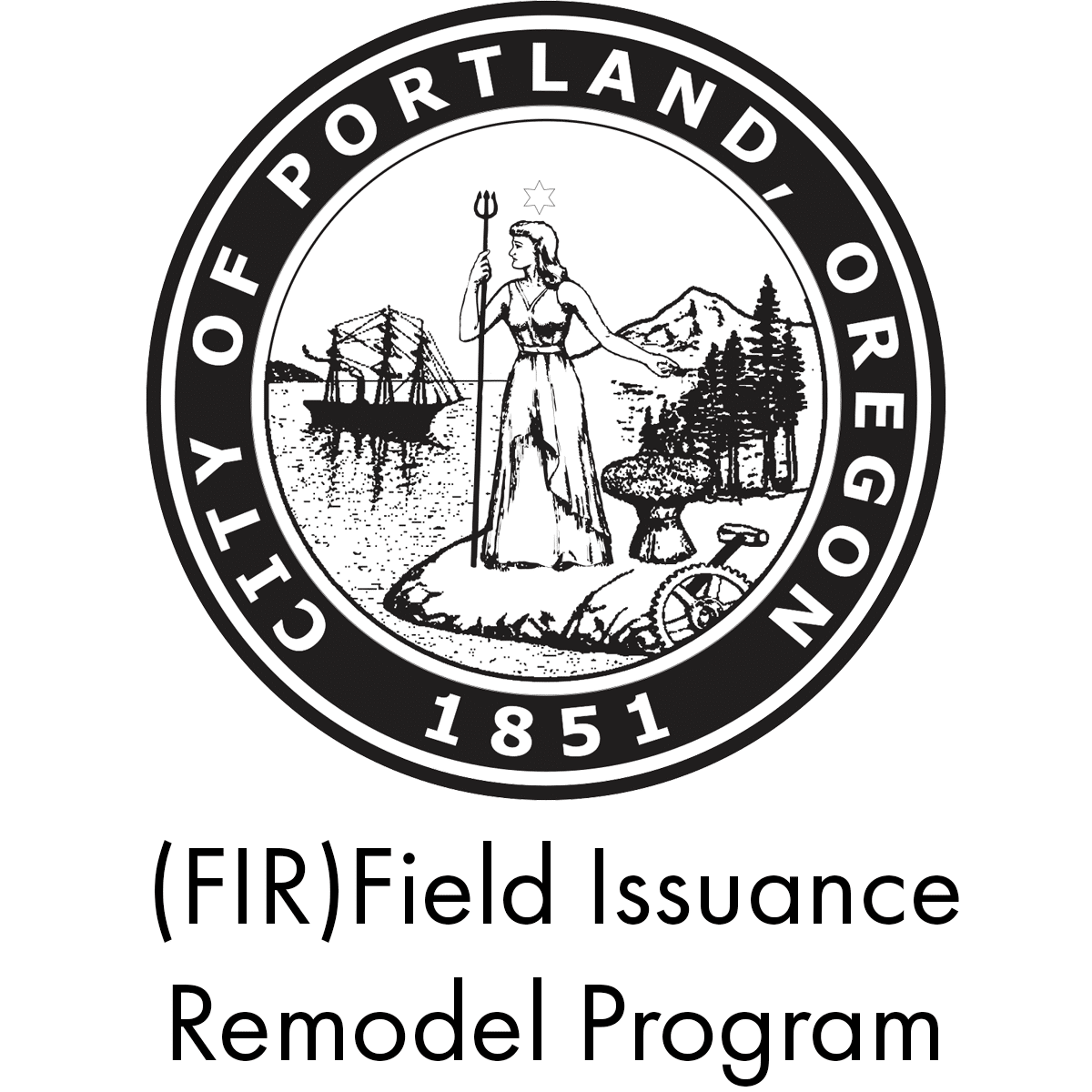
Baby, it’s cold outside, and the snow is coming down – it’s the semi-annual snowpocalypse! We at SQFT Studios hope you are tucked in with your families enjoying the winter weather, whether you are sitting by a nice wood fire, or your high efficiency gas furnace is pumping warm air throughout, stay warm Portland!
While you’re here I’d love to tell you a bit more about our favorite – and the most energy effective – way to heat your accessory structure or home: the Heat Pump aka the Mini-Split.
We use mini-split air-to-air heat pumps in most of our accessory structures because they use the least amount of energy to make the most amount of heat in your space, and they also provide air conditioning, all without ducting – a very effective and efficient system. One of the confusing elements of understanding heating system efficiency is the very word efficiency. Cooling is more straightforward because in our climate air conditioning is the only standard option however those systems are identical to heat pumps so this topic covers the same metrics.
Efficiency is confusing because in general we think of efficiency as conversion – how much of A does it take to make B. This makes sense when considering burning gas or oil to make heat, or using electricity to toast bread. Put in enough of A and you get B amount of heat, the efficiency of a gas or oil burning system or an electric resistance heater is very straightforward. Modern systems operate within the top 10% of efficiency in standard home systems rating from 90% up to 99% efficient. Your new gas furnace, an electric radiator or cadet wall heater, or even an upgraded oil furnace take the fuel or energy that goes in and put out 90-99% of that energy as heat. Some energy is lost up the chimney, and in the case of electric resistance like a cadet or toaster some is lost as light.
Burn Gas or Oil -> Hot air or water is circulated around your house and comes out of air vents or through radiators
Use Electricity -> Air is blown over hot coils or air naturally circulates around your house and the hot wall units by convection.
This is where things get interesting. Even if you were able to create a situation where 100% of the energy put into a heating system was captured and used to heat up your home, that system would be far less efficient than a heat pump – because a heat pump doesn’t use energy to create heat, it uses energy to PUMP heat! A heat pump pumps heat stored in the outside air into your house, and then an air handler blows inside air over hot (or cold for cooling) coils. In Portland, there is enough heat energy in the air year round to make these systems 300%-400% efficient, and this is where the term efficient becomes confusing because using the conversion definition above, how can something be more than 100% efficient? Simply, it can’t so the word must be placed by an efficiency factor called “Seasonal Energy Efficiency Ratio” or SEER. SEER is a metric to explain to consumers how effective a heat pump is at heating your house and is in the units BTU/Watt which are listed as a number instead of a percentage.
Check out the diagram and watch the videos below for a more in depth understanding of how this works. Also go check out the Energy.gov website for good consumer information. Some day we may have heat pumps that approach the Carnot Limit!

Diagram of how a heat pump works in summer and winter
Photo credit: http://www.savewithsrp.com/advice/heatpump.aspx
























 Download our ADU Quickstart Guide and learn about the features and benefits and ADU can provide to your existing property.
Download our ADU Quickstart Guide and learn about the features and benefits and ADU can provide to your existing property.